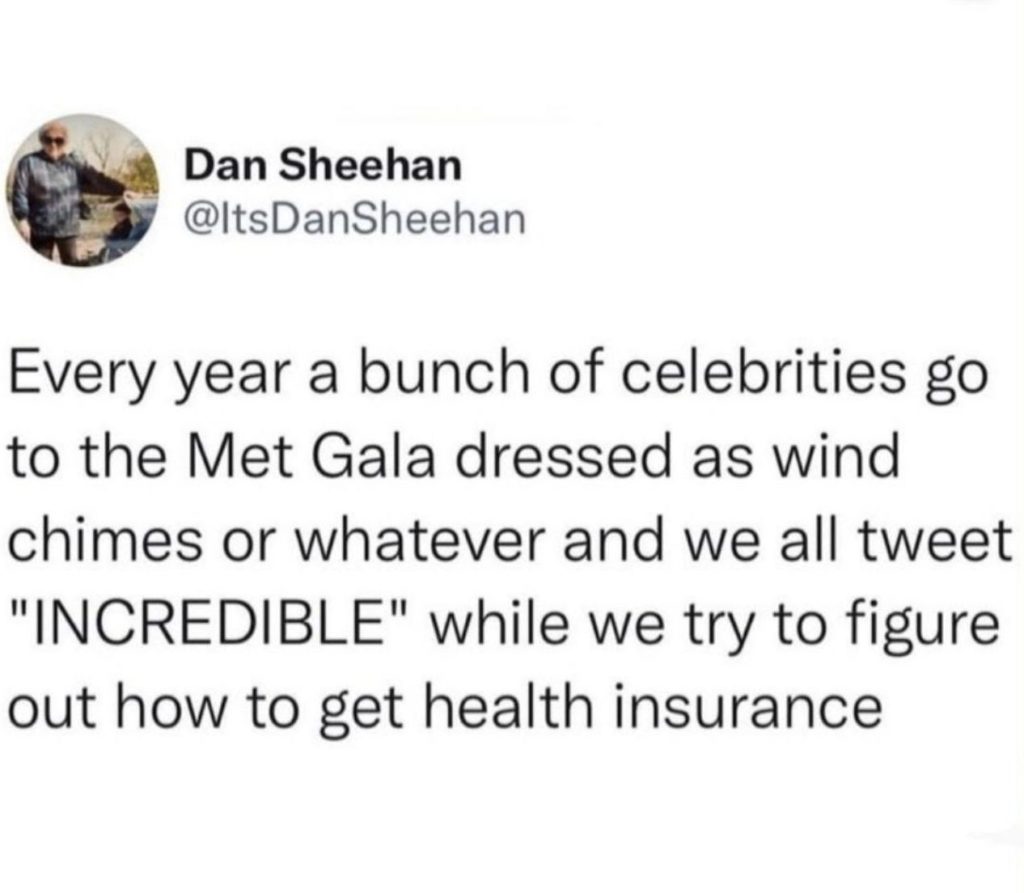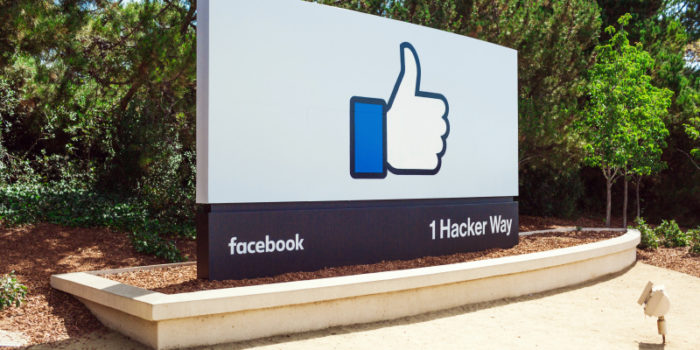1. Good Monday Morning
It’s Sept. 20th. Canada’s national elections are today, a mere 36 days after they were called by Prime Minister Justin Trudeau. You are not alone if you think that a five week election campaign season sounds heavenly.
Today’s Spotlight is 1,339 words — about a 5 minute read.
2. News To Know Now
Quoted:”Teens blame Instagram for increases in the rate of anxiety and depression. This reaction was unprompted and consistent across all groups.” — an internal Facebook presentation quoted by The Wall Street Journal in The Facebook Files.
a) By uploading a photograph and clicking one button, users of an unnamed application can create deepfake porn videos featuring that person. MIT Technology Review wrote about the horrific program this week and wisely concealed the company’s name. Calling the service “incredibly easy to use,” the publication later said that the program is no longer available from its creators.
b) MIT Tech also confirmed last week that an American company called Acuvant developed and sold an iPhone hacking tool in 2016. That tool was purchased by American mercenaries and sold by them to the United Arab Emirates for $1.3 million. The Americans then reportedly directed hacking campaigns on behalf of the UAE government.
c) As the COVID-19 pandemic surges for the fourth time in the U.S., Amazon announced that it will open an additional 100 locations after opening more than 250 this year. Amazon plans to hire an additional 125,000 employees, which will bring its total to nearly 1.5 million. The company recently announced that it will pay employee education costs for GED certificates, English language training, or college tuition.
3. Search Engine News — Don’t Share Content With Other Sites If You Want Traffic
There are plenty of ways to appropriately share content between websites, but Google emphatically posted that “If your goal is to reach a broader audience, go for it. If your goal is that only your site ranks for those queries, then syndicating / republishing is a bad idea. Pick your goals & select the work that helps you reach them.”
And if you’re republishing, please make sure you understand how to have all the sites inform Google that your website is the originator.
We also learned last week that Mozilla is testing Microsoft’s Bing as the default search engine for 1% of its users. Google pays Mozilla more than $400 million annually to be the default search engine.
Search Pro Corner: Moz’s Peter Meyers analyzed search results and found 9 different ways that Google is rewriting title tags. Separately, SEOWL has published a free tool that compares title tags to SERPs.
4. Spotlight Explainer — The Facebook Files
You will hear about The Facebook Files from now through the company’s future Congressional testimony and long into the antitrust actions it is facing.
What are The Facebook Files?
The Facebook Files are a five-part expose that The Wall Street Journal published every business day last week.
What was exposed that was so bad?
The worst for many tech watchers was a March 2020 internal presentation about Instagram that read, “We make body issues worse for one in three teen girls.” This was the company’s acknowledgment that it had heard its critics and independently verified their complaints.
The horrific detail was that one Facebook presentation showed that amongteens reporting suicidal thoughts that 13% of British users and 6% of U.S. teens traced those thoughts back to Instagram.
But that’s not their fault, is it? They don’t control how people feel.
True. But Facebook’s leaders are documented multiple times rejecting their own employee suggestions on ways to make Facebook’s environment less toxic for everyone, not just teenagers. Facebook is under pressure for knowing this issue existed and not implementing recommendations, asking for help, or alerting parents.
Facebook was singled out?
This series is all about Facebook. Their own data shows that the same negative effects are somewhat mitigated by the different forms of content posted on TikTok and Snapchat.
What else was found?
Each day was a new barrage of information. The series kicked off with a statement from a damning Facebook document: “We are not actually doing what we say we do publicly.” The Facebook Files revealed that millions of high profile accounts were shielded from repercussions when they violated the company’s terms and conditions.
With a focus on reshared material, the company was trying to build higher levels of engagement and refused to stop even when its own employees noted that “misinformation, toxicity, and violent content are inordinately prevalent among reshares.”
Among that information was content posting misinformation about COVID-19 vaccines. Facebook’s data showed users saw negative information about vaccines on 41% of comments.
So, it sounds bad, but not criminal except …
Well, it did except that employees also flagged human traffickers in the Middle East, armed groups in Ethiopia, and Mexican drug cartels using Facebook. Remember that most Facebook users are not in the U.S. and have nothing to do with America, but America often protests the loudest.
Facebook’s data shows that last year the company spent 3.2 million hours labeling or removing that sort of information on the site, but 87% of that time was spent on U.S. content. In one case, Apple threatened to remove the Facebook app from its store, and Facebook’s documentation showed that the company was already aware of the issue.
5. Did That Really Happen? — Refugees Receiving Ivermectin
Reports flooded social media that the CDC recommended that arriving refugees receive the human form of ivermectin to treat parasitic infections. Some conservative commentators and anti-vaccine proponents have twisted that to say that the government is secretly treating refugees instead of Americans for COVID-19, despite the FDA warning that ivermectin should not be used to treat COVID-19. You can read the full fact check at The Annenberg Public Policy Center.
6. Following Up — Amazon Bans Hundreds of Companies
We’ve been writing a lot about companies allegedly paying to post fake positive reviews on Amazon. Sean Hollister at The Verge has been covering this for a long time and has been a significant force in exposing the practice.
Now he has posted news that Amazon has permanently banned 600 Chinese brands and 3,000 seller accounts, including well known names like RavPower and Aukey.
7. Protip — How to Sell Your iPhone
If Apple’s latest product launch day last week excited you, trading in your iPhone can be much easier with this checklist from PC magazine.
8. Screening Room — Daniel Craig & Heineken
9. Science Fiction World — Robot Border Patrols
Remember in that movie (OK, all the movies) where the one person tells the others that there are armed robots guarding the outside of the place? State-owned Israel Aerospace Industries is making that a reality with remote-controlled armed robots that can patrol, track bad guys, and shoot.
Days after that story broke, The New York Times published images and details of an Israeli operation that assassinated Iran’s top nuclear scientist using a remote controlled rifle fired by its operator one thousand miles away.
10. Coffee Break — Animals at the Castle
Baron of Dunsany Randal Plunkett looks as if he wandered off the Game of Thrones set in contemporary clothes. Plunkett says he has offered 1,600 acres of land surrounding his castle to Ireland’s only wildlife hospital to reacclimatize recovering and rescued animals. Already there: otters, fox cubs, and buzzards, oh my.
11. Sign of the Times

